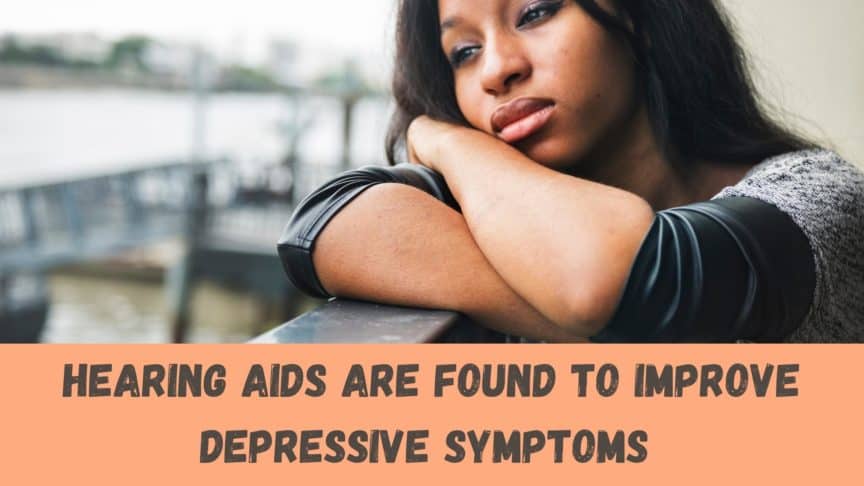- How to Care for Infants With Hearing Loss - April 15, 2024
- Hearing Aid Tips for Runners - April 5, 2024
- Overcoming Misconceptions Around Hearing Aids - March 27, 2024
More than 30 million Americans report some type of hearing loss. It’s a condition that can contribute to feelings of loneliness and isolation, especially within our highly verbal world. Associated with more than a few negative health outcomes, undiagnosed and untreated hearing loss can affect people mentally, physically and emotionally.
Despite a widespread acknowledgement that healthy hearing is an important aspect of a full and vibrant life, people with hearing loss are often reluctant to seek treatment. The average hearing aid wearer waits ten years before choosing to intervene. But when the folks whose hearing is challenged invest in hearing aids, they often report successful outcomes, like easier communication and improved relationships. What’s more, hearing aids are proven to improve depression among those with hearing loss.
The Depression Epidemic
Our awareness of the importance of emotional health grows daily, and so it is no surprise that we are on the lookout for symptoms of depression within ourselves and those that we love. It can be a debilitating condition to live with and it’s widespread in its prevalence. The Centers for Disease Control confirms that nearly 20% of adults reported symptoms of depression in the previous two weeks, ranging from mild to severe.
And depression within the community of people dealing with hearing loss tends to be much higher. A 2014 study investigating depression among those with hearing loss found that incidences of depression were more than double for participants who reported trouble hearing versus those with excellent hearing.
Why Depression Is Linked To Hearing Loss
There are a number of reasons that people with hearing loss are more likely to experience depression and why hearing loss is the leading chronic condition linked with depression in older demographics. To start, it can be a destabilizing life change, which often sparks depressive episodes.
Going through the process of deteriorating hearing health can also be an isolating experience. Inherently, hearing loss has disastrous effects on communication and as highly social animals, humans need a baseline of connection in order to thrive. When conversations become confusing or difficult, we can begin to withdraw from previously rejuvenating moments of connection and begin to feel increased loneliness.
Hearing loss can also take away a certain level of self-sufficiency, making a person experiencing difficulty hearing and communicating feel overly dependent upon caregivers or family members.
Hearing Aids Can Reduce Depression
Regardless of the contributing factors, depression does not have to be the only destination for people who are experiencing hearing challenges. Recent investigations concretely found that hearing aids provide a substantial boost in diminishing feelings of depression.
In a 2016 study published in JAMA’s Otolaryngol Head-Neck Surgery journal, 113 participants aged 50 or older were evaluated for symptoms of depression after treatment for hearing loss. Their findings revealed that there was a significant improvement in only the first six months of the study.
Why Hearing Aids Help
Choosing to confront hearing loss with hearing aids can be an incredibly self-affirming action. Instead of avoiding a diagnosis and resisting change, taking a proactive step is a brave choice that builds self-confidence in and of itself. Moreover, when communication becomes easier and confusion lessened, those feelings of self-confidence are accentuated.
Hearing aids can also reduce the feelings of listening fatigue often experienced by people with hearing loss. As conversations become more effortful, the person with hearing loss expends extraordinary amounts of energy just to interact, which can leave them feeling regularly depleted. With hearing aids, that effortful listening and subsequent exhaustion is reduced, leaving more energy for both exploring life and resilience to deal with the inevitable ups and downs we face.
Taking charge of your hearing health can help you to become less dependent upon whomever has become your ‘translator.’ Regaining independence after hearing loss can empower people with hearing loss to feel less reliant upon others and have more autonomy in their own lives.
Schedule A Hearing Consultation
To find out if hearing aids may help you find more vibrancy in life, schedule a hearing consultation. Our team of hearing health professionals are ready to help guide you through your first steps towards a healthier hearing future.

